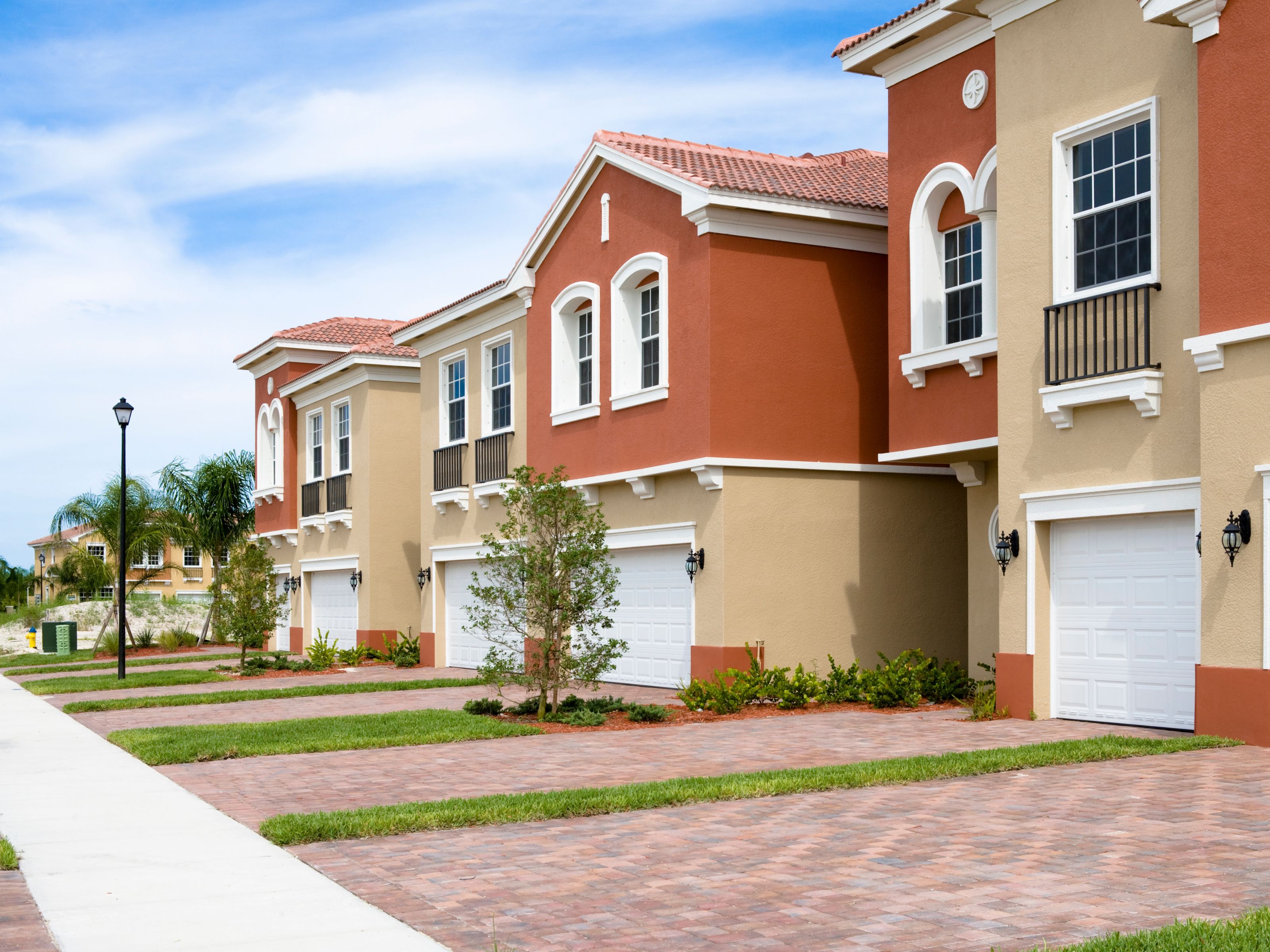What is a Homeowners Association?
A homeowners association, or HOA, is a type of voluntary organization that manages and maintains a residential neighborhood. The HOA typically has its own bylaws and collects monthly dues from homeowners within the community.
HOA members elect officers to run the organization on their behalf. These officers oversee everything from landscaping to security patrols--and they're responsible for keeping everyone happy!
The Pros of Homeowners Associations
- Community spirit. Homeowners associations are a great way to build community, and they can help you feel like you're part of something bigger than yourself.
- Access to amenities. In some cases, HOAs provide members with access to shared amenities that would otherwise be unaffordable or unavailable for purchase individually (such as pools, parks and playgrounds).
- Increased property values. If you're looking at buying a home within an HOA community and want to get the best price possible on your purchase price--or if you already own property but want it resold quickly at top dollar--then joining an HOA might be worth considering because it increases demand for housing in these areas by making them more attractive places in which people want to live (and thus increasing their value).
The Cons of Homeowners Associations
- Restrictions on property use. HOAs can restrict what you can do with your home, such as adding a garage or swimming pool.
- High fees. Many HOAs charge monthly fees that range from $100 to $500 or more depending on the size of your community and services provided by the HOA. You're also responsible for paying any additional costs associated with maintaining common areas, such as landscaping or snow removal services during winter months--and these expenses may increase over time if they aren't controlled by strict budgeting policies set forth by homeowners themselves!
- Lack of flexibility. Some homeowners might not like having someone else dictate what they do with their own property; others simply don't have enough money saved up yet after moving into a new home (especially if they're buying one).
How to Choose the Right Homeowners Association
When you're looking to buy a home in a community with an HOA, it's important to do your due diligence. Here are some ways you can choose the right one:
- Research the association. Look up reviews on sites like Yelp or Google and see what other homeowners have to say about their experience with the HOA. If there are many negative reviews, this could be an indication that things aren't running smoothly at all times--and that could mean problems down the line for you as well!
- Review the bylaws of each community you're considering buying into; they'll tell you exactly what kind of rules there are in place regarding pets, noise levels and more so that there won't be any surprises later on when things get tough (or even worse).
- Understand how much money is being charged per month/yearly by each community; while some may seem cheaper than others at first glance (because they don't offer amenities like pools), keep in mind that those extra fees might end up costing far more than expected over time if not budgeted properly beforehand
How to Get the Most Out of Your Homeowners Association
To get the most out of your HOA, participate in meetings, attend events and volunteer.
If you're new to an HOA or just want to learn more about how they work, start by attending at least one meeting. This will help you understand what goes on during these events and allow you to get a feel for how they operate. You'll also be able to meet other homeowners who live in your community and learn about their experiences with their HOAs.
If there are any upcoming events being held by your HOA (such as block parties), consider attending them--especially if there's something that interests you or involves something that benefits everyone living within its boundaries (like block cleanups). It's also helpful if someone volunteers their time as part of their role as president of another organization within the community because this means less work needs done around town due to fewer volunteers being available at times when they might otherwise have been needed elsewhere."
The Role of the Board of Directors
The role of the board of directors is to oversee the community's day-to-day operations. They are responsible for ensuring that all policies and procedures are followed, as well as overseeing any changes to these policies. The board should also make sure that your HOA is financially sound and capable of maintaining its properties in good condition.
The best way to ensure that you have an effective board is by electing members who have experience with HOAs or other similar organizations, such as homeowners' associations (HOAs). If you don't know anyone like this, talk with current members about what qualities they look for in their fellow board members--this will help you find people who share similar values when it comes time for elections.
Once elected into office, new members should take on leadership roles within their communities by attending meetings regularly and participating actively in discussions related to important issues affecting homeowners' lives within the neighborhood at large; this includes everything from deciding how much money should be spent repairing sidewalks damaged by tree roots growing underneath them during heavy rains all summer long (or whether we need sidewalks at all) through deciding whether or not residents can keep chickens or rabbits inside their homes.
Contact us today for expert advice on the current real estate market.



